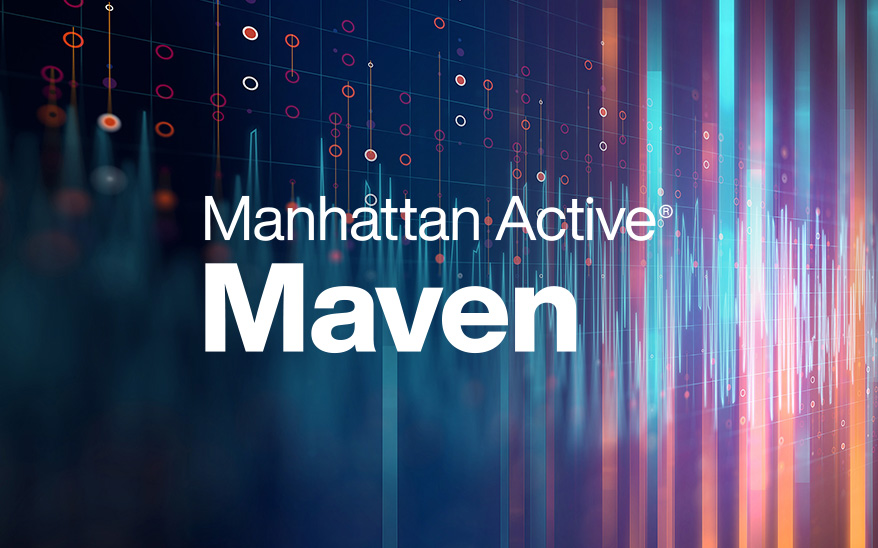Let’s Face It, It’s All About ROI
- April 20, 2023
- Manhattan Staff

With major changes putting pressure on retailers – from changing consumer expectations to emerging fulfillment demands – it's no surprise that the value of allocation software is often underestimated. Many believe that they can manage their inventory manually, or that their current allocation methods are sufficient. However, as omnichannel retail becomes the norm and operations grow more complex, legacy allocation software is no longer capable of managing complex omni-channel challenges. Modern allocation solutions are built for today’s retail, delivering better decision making, more precision, and the potential for significant return on investment (ROI).
Take Time To Explore
Retailers should evaluate their allocation software options periodically to ensure that they’re using the best solution for their current needs and goals. Objectives are constantly changing and therefore so are our needs. As such, retailers need to stay current with the latest solutions and best practices to remain competitive. Sound familiar?
Smaller retailers with simpler inventory demands may only need to assess their allocation software options every few years. But larger retailers with more complex operations should do so more frequently. Either way, spending this time can help retailers stay competitive, optimize their inventory management processes, and ensure that they are maximizing the value of their allocation software and achieving business goals.
Modern allocation software – designed to read demand signals across all omnichannel channels and fulfillment locations – provide a wide range of benefits, from improved inventory optimization and increased sales, to reduced labor costs with enhanced visibility and smarter decision making. Across stores and distribution centers, these benefits can add up to a significant ROI.
The key is to understand your specific and unique needs and then invest in a solution that can help you achieve your goals. By finding the right fit, retailers can unlock the full potential of allocation software and reap the rewards that come with optimized inventory management.
How do you know you’ll get the ROI you’re looking for when you invest in an Allocation solution? Well, not to be glib, the ROI for a retailer after adopting allocation software will depend on a variety of factors, including the size and complexity of the retailer's operations, the level of automation and optimization provided by the software, and the specific goals and KPIs used to measure the impact of the software. The key is to find technology that fits your inventory operation and is engineered for today’s retail.
Why Retailers Should Invest In A Modern Allocation Solution
Improved Inventory Optimization
By using data-driven algorithms to distribute inventory to stores, allocation software can help retailers to reduce overstocks and stockouts, and improve overall inventory turns. This can lead to lower carrying costs, fewer markdowns, and improved margins.
Reduced Labor Costs
By automating allocation processes, the right software can help retailers reduce labor costs associated with manual allocation methods, leading to higher productivity and lower overhead.
Increased Sales and Customer Satisfaction
By ensuring that stores have the right products in the right quantities at the right time, allocation software can help retailers to increase sales and improve customer satisfaction. This can lead to higher revenues and shopper loyalty.
Enhanced Visibility and Decision-making
By providing real-time visibility into inventory levels and sales data across stores, a modern solution can help retailers to make more-informed decisions about inventory allocation, pricing, and promotions. This can lead to improved profitability and an overall competitive advantage.
In many cases, retailers who implement a modern solution like Manhattan Active® Allocation can expect to see a significant ROI within a relatively short period of time – often 6-12 months after implementation. Of course, your specific needs will determine the size and timeline of your ROI. But investigating how you can improve your allocation processes is a worthwhile endeavor. It pays to know if your technology is helping to drive success or standing in the way of it.
As you start exploring, check out Omni Talk's, Chris Walton and Anne Mezzenga, as they join Manhattan inventory expert Scott Fenwick, on all things planning and allocation.





